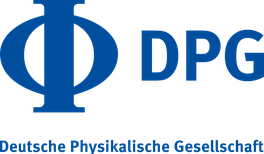
The development of molecular based quantum cellular automata (mQCA) would open the possibility to low-dissipation information processing. One key parameter in the mQCA paradigm is the stability of intra-molecular charge transfer, which guarantees the association of *1* and *0* to two different charge configurations in the mQCA building cell. Especifically, a given charge configuration needs to be stable against thermal fluctuations. Also important is how the mQCA charge state reacts to an external driver with a given time-dependence. In this study we present a theoretical study based on the solution of the time-dependent Schrdinger equation to describe intra-molecular charge transfer in an effective model of an mQCA cell under the action of a time-dependent driver field and including thermal fluctuations. The model is parametrized via first-principle calculations in a toy molecular system able to catch the minimal requirements of a m-QCA cell

The development of molecular based quantum cellular automata (mQCA) would open the possibility to low-dissipation information processing. One key parameter in the mQCA paradigm is the stability of intra-molecular charge transfer, which guarantees the association of *1* and *0* to two different charge configurations in the mQCA building cell. Especifically, a given charge configuration needs to be stable against thermal fluctuations. Also important is how the mQCA charge state reacts to an external driver with a given time-dependence. In this study we present a theoretical study based on the solution of the time-dependent Schrdinger equation to describe intra-molecular charge transfer in an effective model of an mQCA cell under the action of a time-dependent driver field and including thermal fluctuations. The model is parametrized via first-principle calculations in a toy molecular system able to catch the minimal requirements of a m-QCA cell